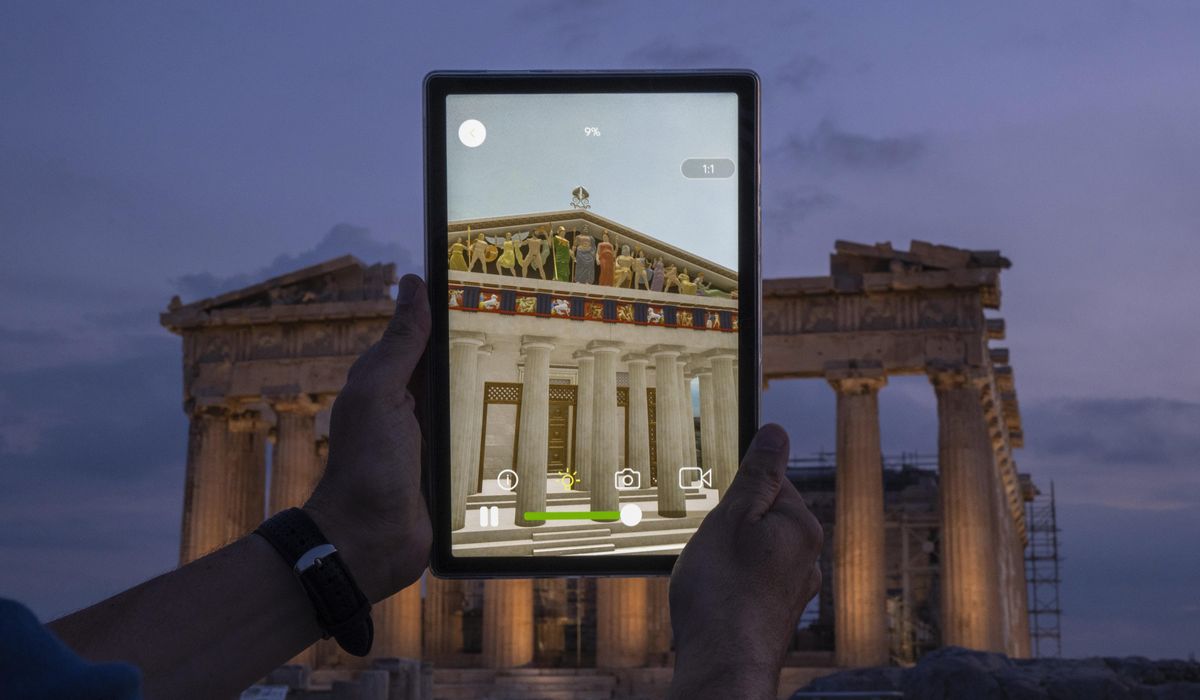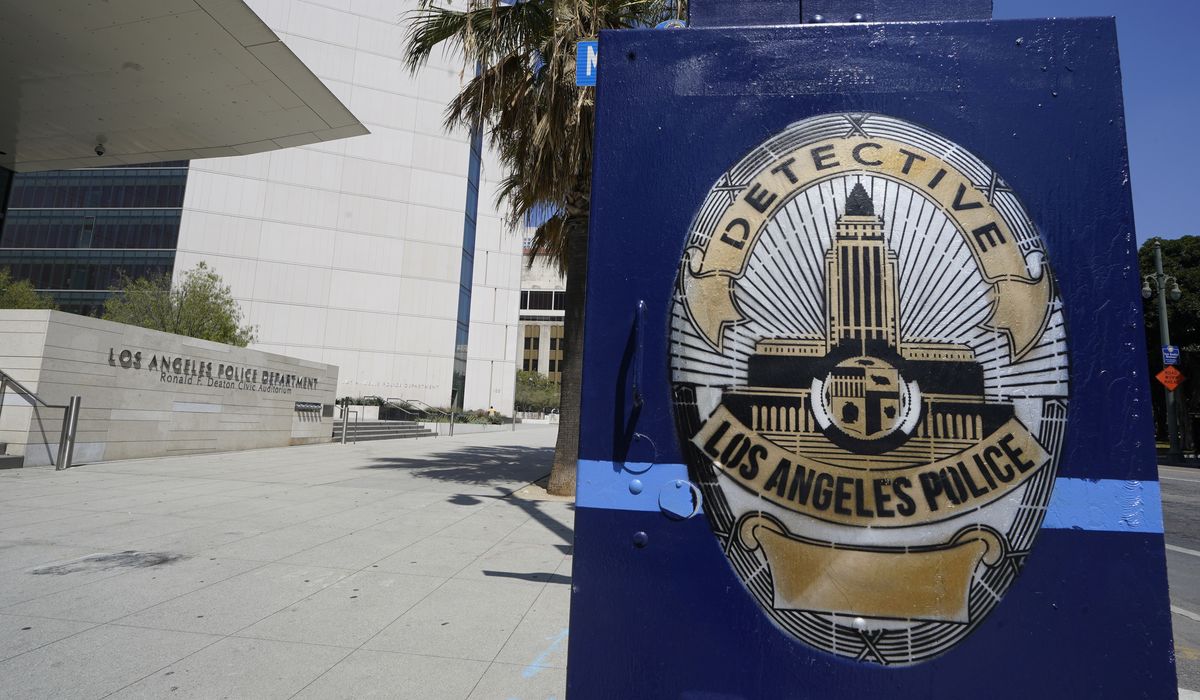Exploring the Past with Future Technology: A Virtual Tour of Ancient Greek Sites
October 9, 2023 | by Kaju

Tourists visiting the Acropolis in Greece can now use their smartphones to explore the ancient Greek site in a whole new way. A new app supported by Greece’s Culture Ministry called “Chronos” uses augmented reality to provide a digital overlay of the Acropolis, showing visitors how it looked thousands of years ago. The app even includes a digital reconstruction of the Parthenon sculptures that are currently housed in the British Museum in London.
With the app, visitors can point their phones at the Parthenon temple, and the sculptures appear back on the monument, as archaeologists believe they looked 2,500 years ago. The app also reveals lesser-known features, such as the fact that many of the sculptures on the Acropolis were originally painted. It offers an interactive and visually engaging experience for tourists.
This virtual restoration of ancient Greek sites not only provides a unique way for tourists to experience the Acropolis, but it also has the potential to attract more visitors and support Greece’s efforts to make its cities year-round tourist destinations.
Tourism is a vital sector for the Greek economy, and despite challenges like wildfires, the number of inbound visitors has increased this year. The app “Chronos” represents the growing trend of augmented reality (AR) technology, which is being integrated into various industries, including travel and tourism.
AR has the potential to revolutionize the way we experience and interact with the digital world. Tech giants like Meta and Apple are investing in VR headsets and immersive experiences, which will enhance the delivery of AR content to consumers. While VR headsets may be expensive, smartphones remain the primary platform for AR experiences.
In the coming years, we can expect to see more integrated and shared AR experiences for travelers, including overlaying archive photos and videos on historical sites. Museums and archives are digitizing their collections, which will provide rich content for immersive AR experiences.
Greece’s Culture Ministry and national tourism authority have recognized the power of technology and are embracing it to enhance accessibility to the country’s ancient monuments. The success of the app “Chronos” and other digital initiatives in Greece demonstrates the potential for augmented reality to bring history to life and engage modern audiences.
As technology and networks continue to advance, we can anticipate even more innovative and high-quality AR experiences for travelers. The virtual restoration of ancient Greek sites is just the beginning of a new era in cultural heritage and tourism.
RELATED POSTS
View all


